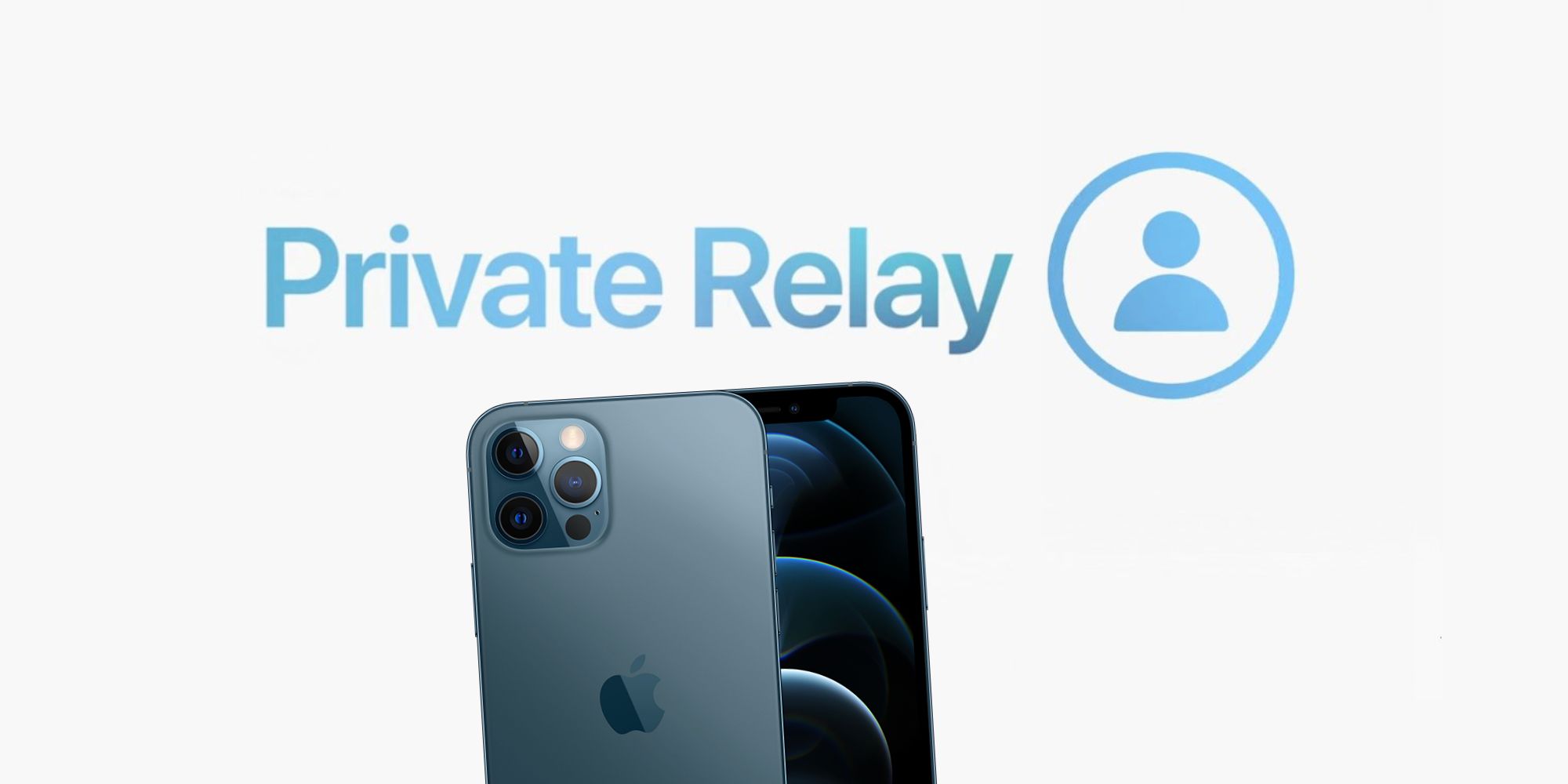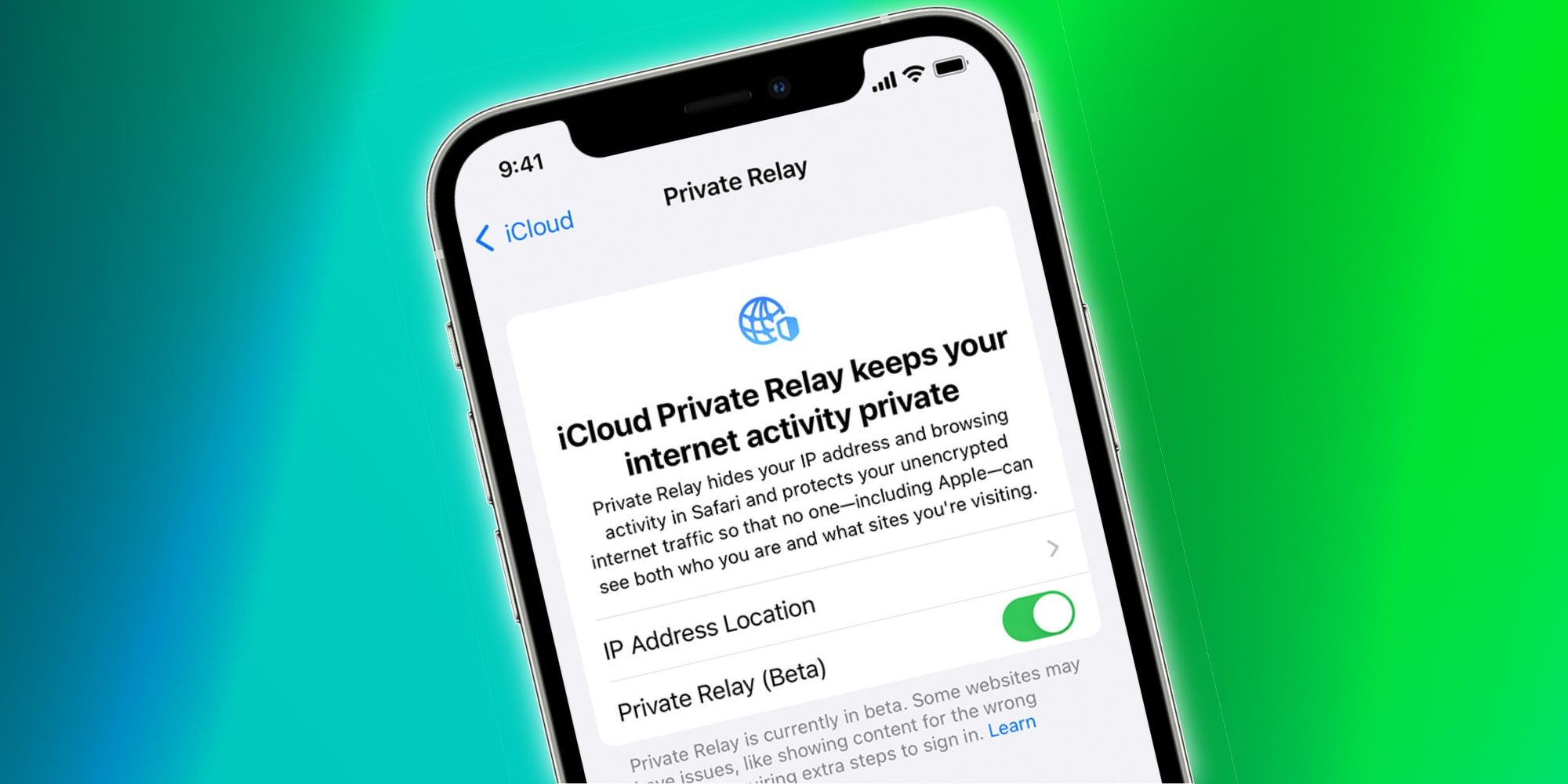Apple's iCloud Private Relay has faced a myriad of problems since its beta was released in iOS version 15.2, but some might be as simple as changing iPhone settings. The feature was announced as part of the annual Apple Worldwide Developers Conference (WWDC) in 2021 to benefit users who purchase additional iCloud storage. While Apple offers five free gigabytes of cloud storage, most users will exceed that threshold quickly with photos, videos and documents. More storage tiers are available with an iCloud+ plan, which starts at 99 cents per month and comes with the iCloud Private relay service bundled with the extra space.
Though iCloud Private Relay initially sounds similar to other virtual private network (VPN) services — it blocks internet and cellular service providers from tracking IP addresses — but it's fundamentally different. Traditional VPNs use server arrays worldwide to hide a user's IP address, meaning that users can appear to be in virtually any country or region. This is useful for getting around region-locked content restrictions. iCloud Private Relay doesn't go this far. Instead, the service hides the user's IP address (approximate location) and DNS (browsing history) but still shows the user's country or region. So while iCloud Private Relay does make it harder for companies to track online data, it's a less discreet method of privacy than VPNs and isn't as secure.
Apple's iCloud Private Relay might not be working for a few reasons. First, it might be turned off in the settings since the feature is in beta testing and is continually updated through all of iOS 15's various iterations. To check, navigate to settings, cellular settings and make sure the 'Private Relay' toggle is turned on. If the error message, "Private Relay is either not supported by your cellular plan or has been turned off in Cellular Settings," persists, the plan may be incompatible. T-Mobile has told MacRumors in a statement that any cellular plans that feature content filtering will be incompatible with iCloud Private Relay. Some plans, particularly family or office plans, automatically block harmful or obscene websites. That isn't possible while iCloud Private Relay hides a user's browsing data, so plans with these features are without a private relay.
Check Individual Network Settings
An Apple Support document states that iCloud Private Relay errors could result from individual network settings. In addition to the broad iCloud Private Relay feature, the company allows users to individually show or hide their internet usage on individual networks. For example, a user might want to use iCloud Private Relay to filter their IP address on a public coffee shop network but also turn it off on a private network. These settings can be individually managed with the 'Limit IP Address Tracking' toggle in settings. Simply navigate from iPhone or iPad settings to WiFi settings, and select the 'i' button to the right of the WiFi network. Here, users can turn the toggle on or off for any network within range of their device.
The iCloud Private Relay feature is in beta testing, so although all users on iOS 15.2 or later can access the feature, it is still being refined. Apple has said that certain carriers and networks might have to update their plans for compatibility with the new feature, but it's unclear what those changes could be or when they would be made. Individual users or family plans can universally toggle the service on in settings. Apple will automatically use the relay when it is available or inform the user when it isn't. Otherwise, a traditional VPN service can be used to protect user privacy regardless of the network a user is connected to.


